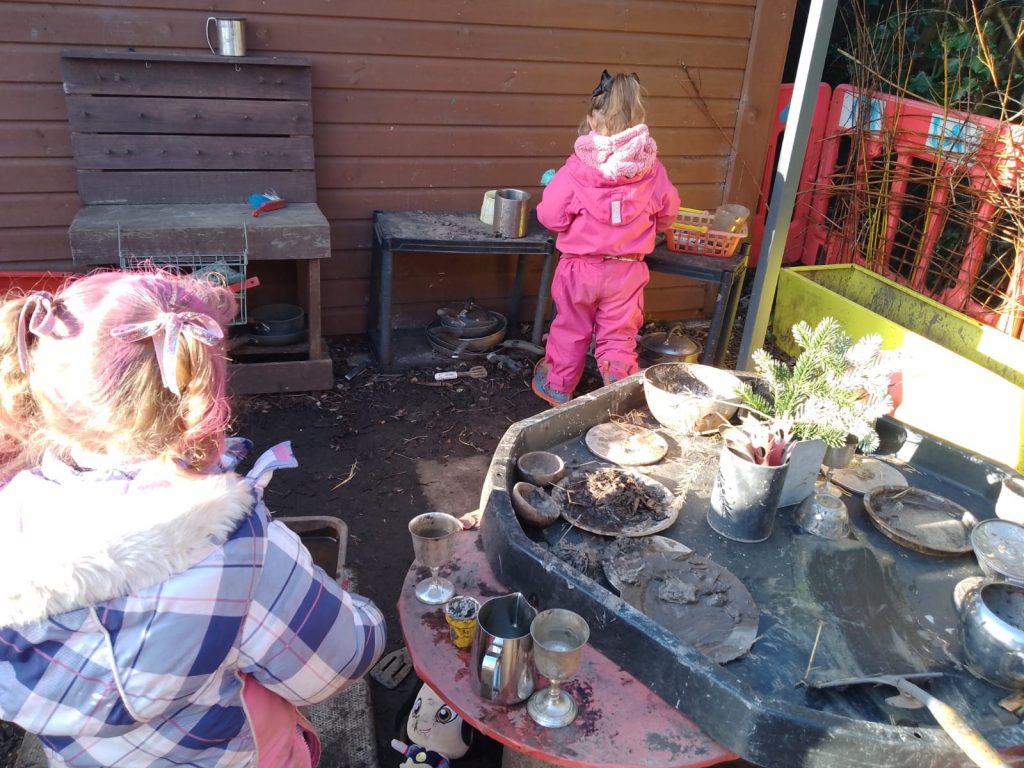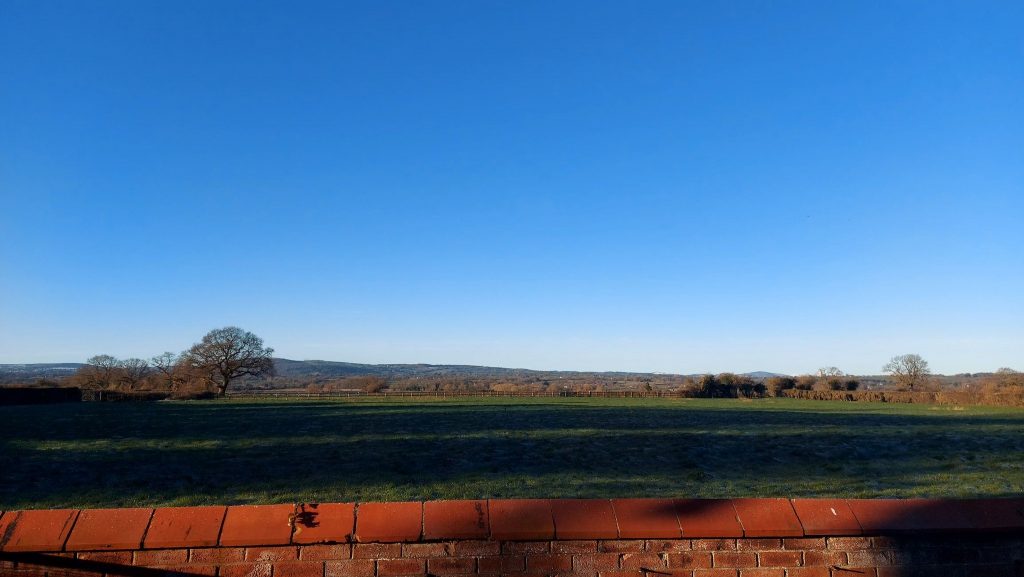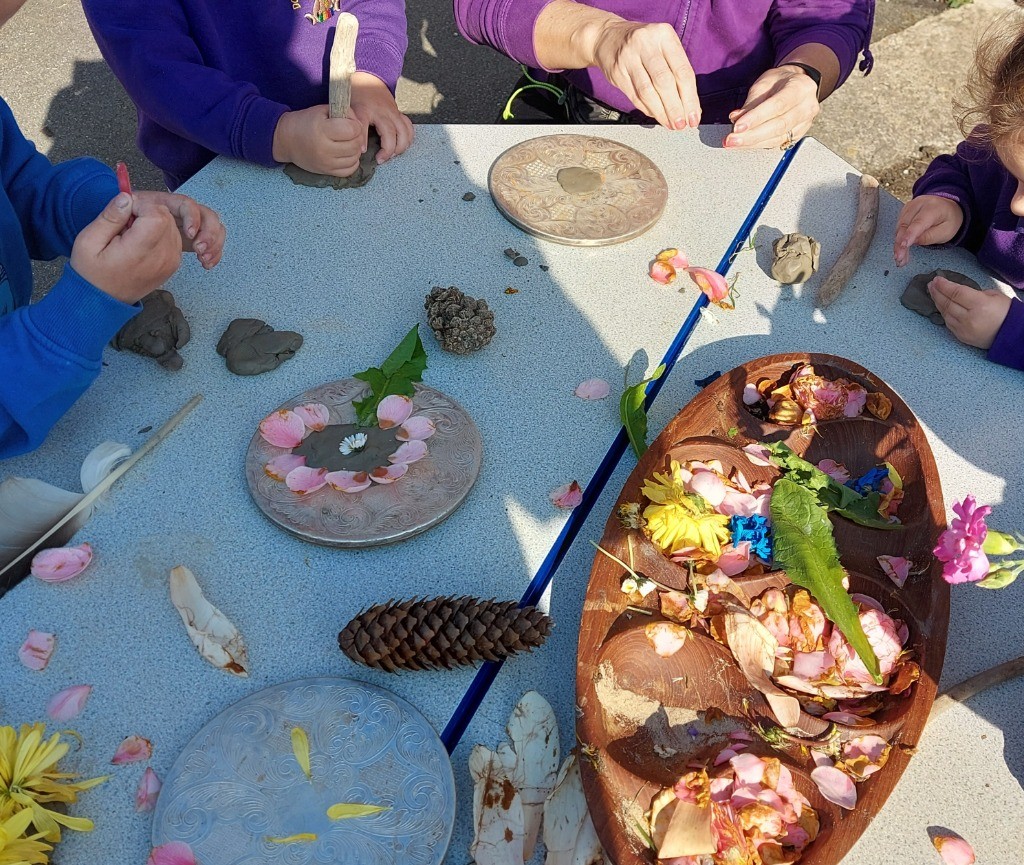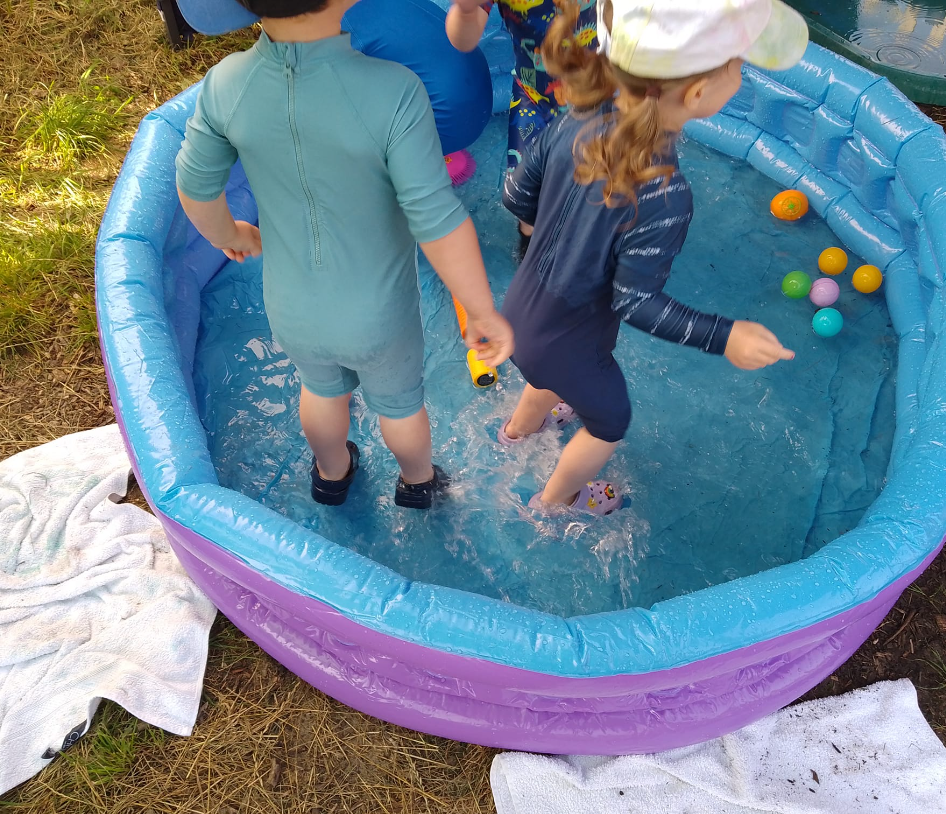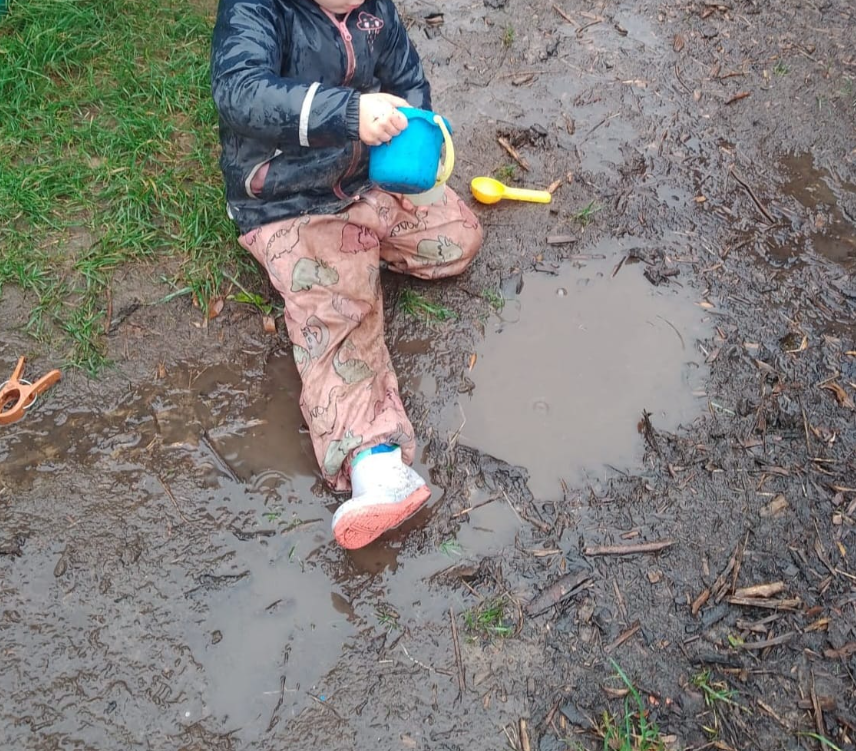Written by Heather Marsh, Deputy Manager
Dodleston Preschool has been in operation for over 40 years – I know, we can’t believe it either. We run as a charity which means that we must have a committee and meet the charity commission’s requirements on quorum.
As family situations relating to working hours, and the increased number of parents who need to be in work rather than at home has changed over time, so too has appetite and availability to support us at Pre-School as committee members.
We became acutely aware of this at the end of last year, and in response, led by our incoming secretary Mel Hughes, we took the unusual step of reaching out to the local community to ask for help. We were not disappointed Dodleston!
We have a very full and enthusiastic committee who bring a wealth of experience and expertise with them. Additionally, they recognise our collective expertise as professionals in our field which means that we can continue to use our experience and knowledge of child development, to make sure that the children who come to us are recognised as individuals who develop in their own time, at their own rates and through their own interests and learning styles.
Training and Education at Dodleston Pre-School
This brings me to the next point! We take training and education very seriously. All the ladies have childcare qualifications and many years of experience in the childcare sector. Statutory training requirements weren’t enough for us however, and between us, we also have a brand-new committee at Pre-School!
Collected sector-relevant qualifications include a BA (Hons), Postgrad Cert, Early Years Teacher Status, an MA, and a further MA on its way! Qualifications aren’t everything, we know that, however combined with our experience, enthusiasm and knowledge of the local community, we make an excellent team from which our families feel well supported so that they may trust us with their children.
Creating a fun learning outdoor environment
In terms of the children’s experiences with us, we know through a combination of research, and experiences, how children in their early years learn and develop, and we tailor our environment to adapt not just to the group, but to individual interests and to the changing seasons too.
Unless there is a weather warning in place, we operate all our sessions outdoors, rain, snow, (some) wind, sunshine, hail – it’s just brilliant! With all the right clothes on, the children can experience the changing seasons for themselves rather than learning about it in carpet time.
The changing seasons bring such variety in not just the weather, but the plants and hedgerows around us, the types of birds that fly over, butterflies, the cows in the field next door – and the views, wow!! We can see the weather coming across and talk about the Welsh hills, and on the brightest days we can spot sheep with binoculars.
We have an array of slugs and snails, beetles and worms and magnifying glasses to examine them. One child was so fascinated by worms that we bought a wormery so that she could keep track of them.
We know that everything comes in its own time, and that children’s development isn’t linear, that children are unique individuals, and that they can’t be possibly compared or lumped together. Children are children for such a short period of time, and play is critical to their development, play isn’t a reward or something that should be offered as a second best to something else, and in recognition, when children come to us – they play – all day!
In line with this, the outdoors offers such a positive environment for the children because there are fewer reasons to say no! It’s a yes to playing wherever you like, climbing, running, jumping, transporting sand and water, throwing balls, large scale painting, getting soaked through, getting completely covered in mud, loud voices!
This fosters can-do attitudes, a desire to do more and learn more, belief, confidence and resilience, and we see this every single day as we watch the children play.
I think that covers our ethos, in knowing that children learn best when they can follow their own interests, at their own level of development and in their own time, and that these things just can’t be pushed. And our curriculum, well that isn’t ours at all – each child has their own, they design it, alter it and perfect it every hour of the day as their interests jump from idea to idea.
Our teaching methods
Knowing about play and how children learn isn’t enough, however. We must practice it too, or we just pump out words, and the children simply won’t benefit. This leads to pedagogy, our method of delivering, or teaching our ethos which allows the children to build their curriculums.
We do this through true learning through play. The children’s day is their own, we break only for snack and lunch, and even then, a quiet approach in letting the children know the time, ensures that children’s links of learning known as flow are not interrupted. They can leave their play in their own time, when their curiosity has been fully satisfied.
The purple ladies work hard to know every child so that they understand how they learn and what their interests are. We know how to support children’s play by being near the play but not in it. Nobody needs a grown-up making suggestions and changes, interrupting your thought processes, and changing the shape of where your ideas were going, or worse – giving the impression that their ideas are better than yours.
We look to be invited into play. It might be eye contact, a hand movement, a comment, or question, and these are the times we love, the moments when we become trusted to join and not take over play. Observing play is so important, it is that which gives insights into the child’s mind; we know we can never assume what is going in there, but we can certainly get a glimpse of interests and learning styles, and adapt the environment accordingly.
We are open, in the Village Hall Monday to Wednesday and Fridays during term time between 9am and 3.30pm, and we take children from their 2nd birthday right up until when they leave for school at 4, and we accept English and Welsh Government funding.


